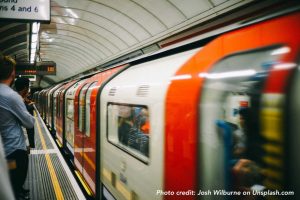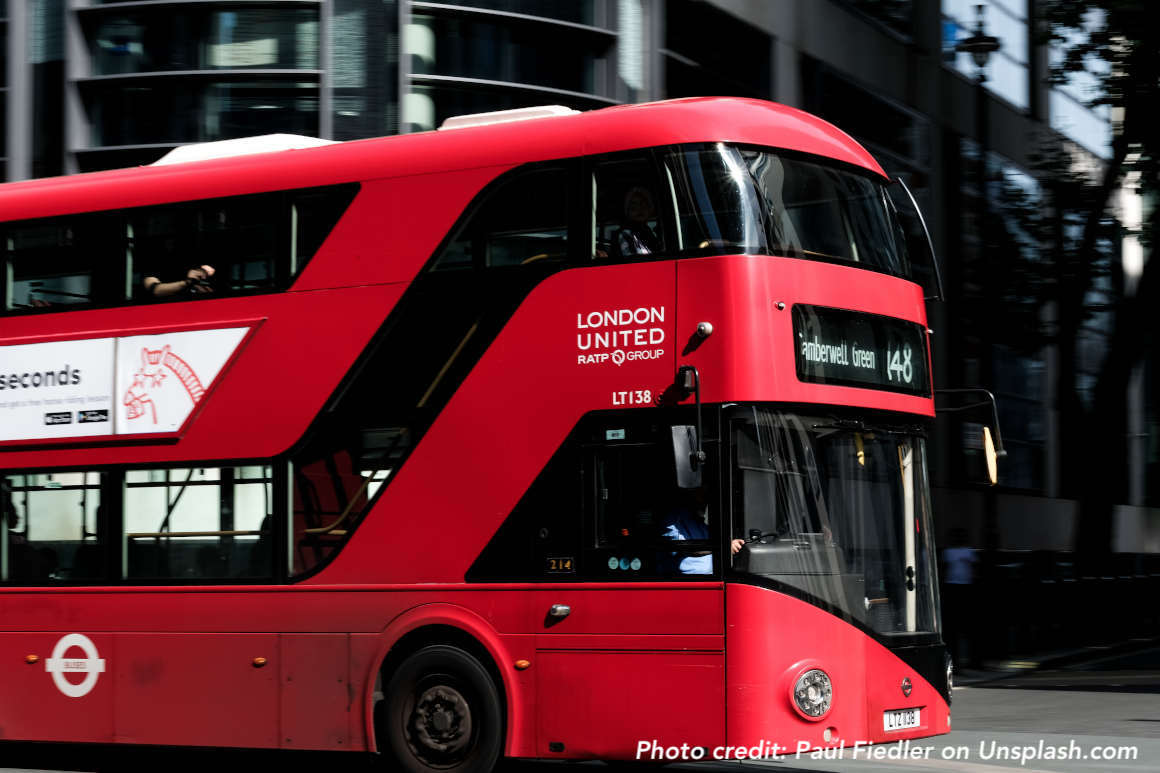London’s mayor Mr. Sadiq Khan announced on November 16, 2019 that prices for trips on bus, tram, train and subway will remain the same until the end of 2020.
However there will be a 2.8% rise for daily fare caps and for weekly, monthly and annual travel cards. According to a mayor’s office spokesperson, the prices for these cards is beyond the Mayor’s control as they are set by national rail operators in line with the yearly Retail Price Index (RPI).
This means that the price for a weekly card for zones 1-4 will increase by £1.40 to £51.90, and by £1.80 to £66 for a card for zones 1-6.
The 2.8% fare rise will bring approximately £51m in extra revenue for TfL in 2020.
Mr. Khan said “This shows what a Labour administration can do. In stark contrast, when he was mayor, Boris Johnson increased TfL fares by a staggering 42 per cent.”
Shashi Verma, director of strategy at TfL, added: “We are committed to making travelling by public transport in London as affordable and convenient as possible. Millions of people travel using bus, Tube and rail services across London, and through our pay as you go fares system we are helping to encourage more people out of their cars and onto public transport.’
A key feature of Mr. Khan’s term in office was the introduction of the £1.50 Hopper fare in 2016, which allows travellers to make unlimited changes on any bus or tram within one hour timeframe.

Budget under pressure
The measure was met with opposition from other contenders for mayor’s office such as independent Rory Stewart and conservative Shaun Bailey, who argue that the fares should rise.
Back in 2016 rail chiefs expected the fare freeze to cost TfL up to £1.9bn.
This year, TfL’s budget has been under pressure after bus ridership decreased and the opening of the new Elisabeth Line saw further delays.
Fare evasion is another major challenge for TfL’s revenue, as estimated losses amount to about £100 million yearly.
More use of public transport services
Transport for London is a local government agency in the UK responsible for public transportation in Greater London, England. It manages London Underground, London Overground, Docklands Light Railway, TfL Rail, trams, buses and taxis, and provides cycling and river services.
Mr. Khan’s strategy goal for London transport is that “80% of all trips to be made on foot, by cycle or using public transport by 2041.”



